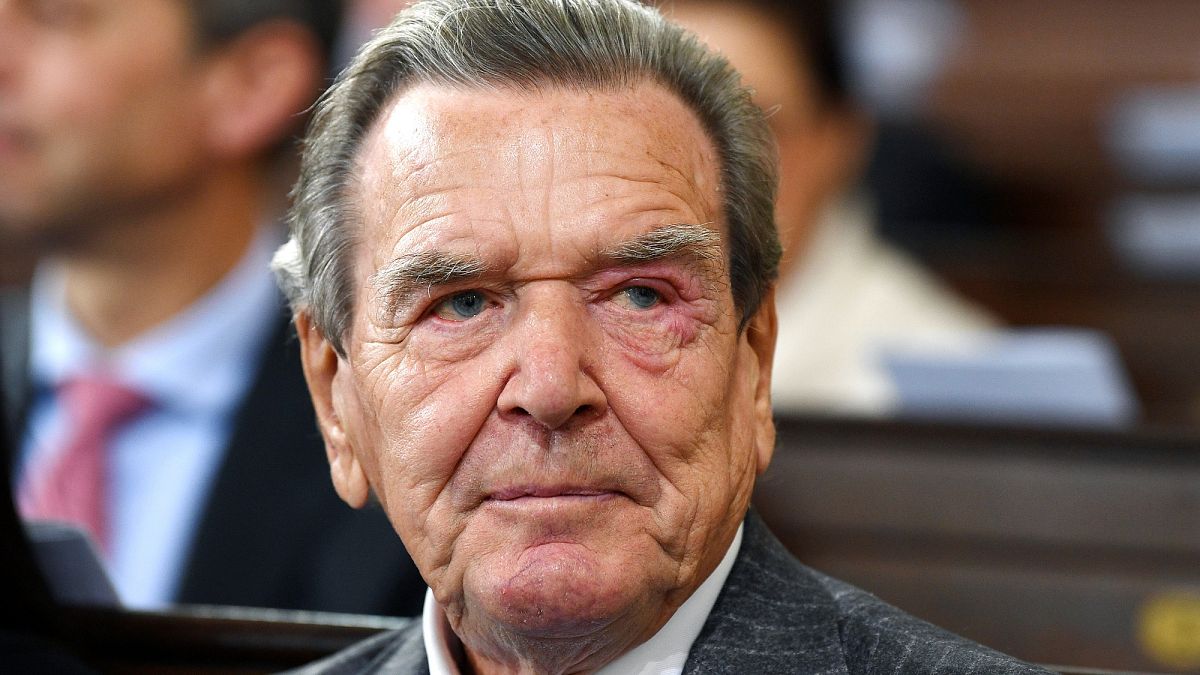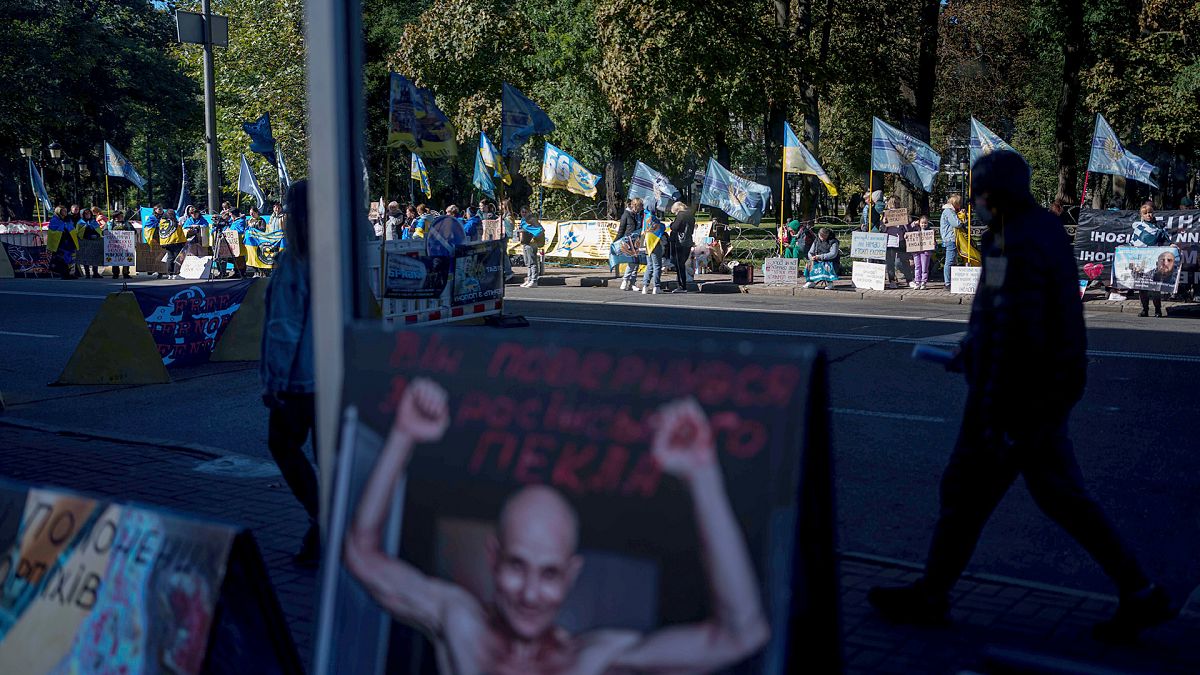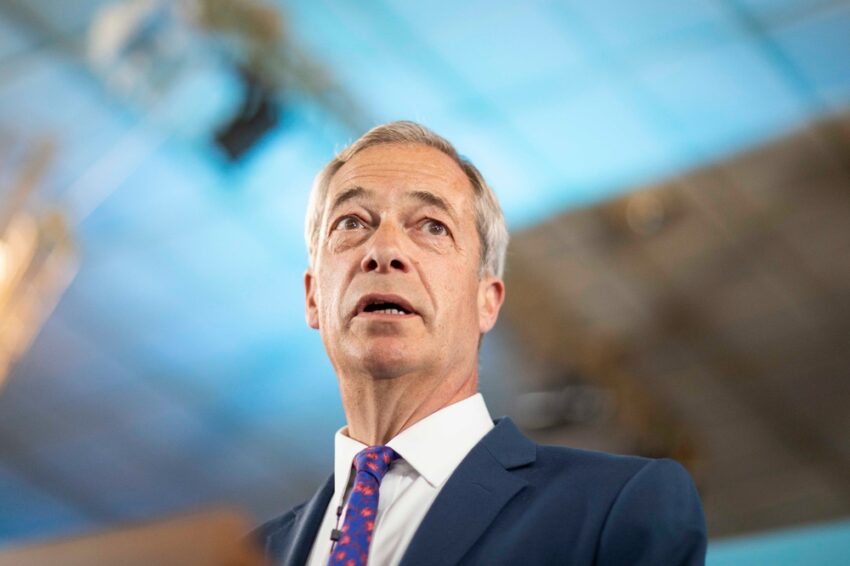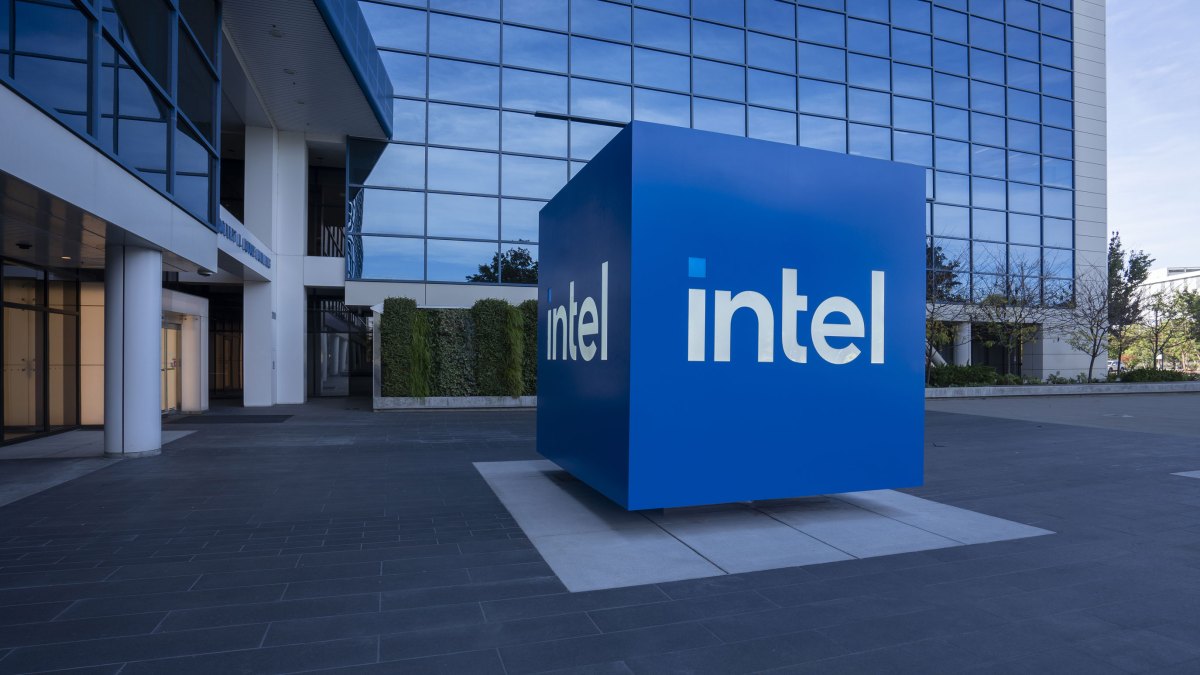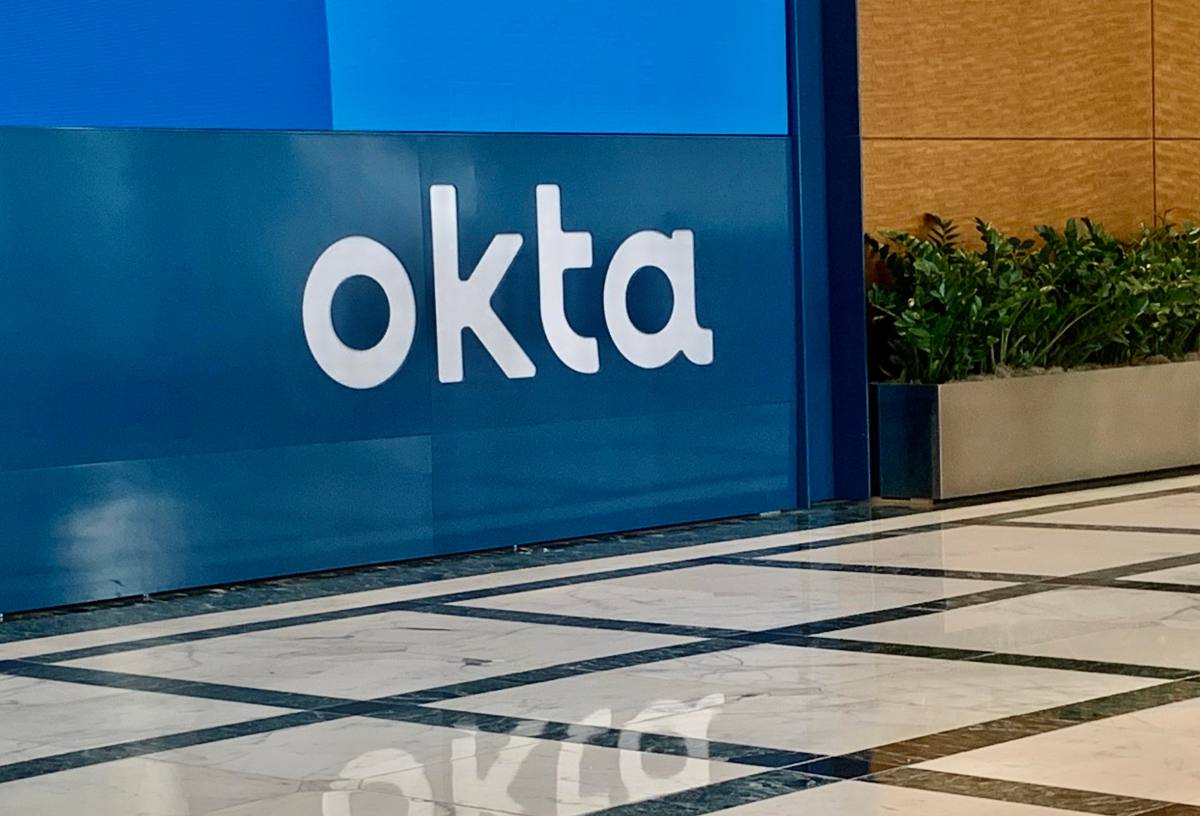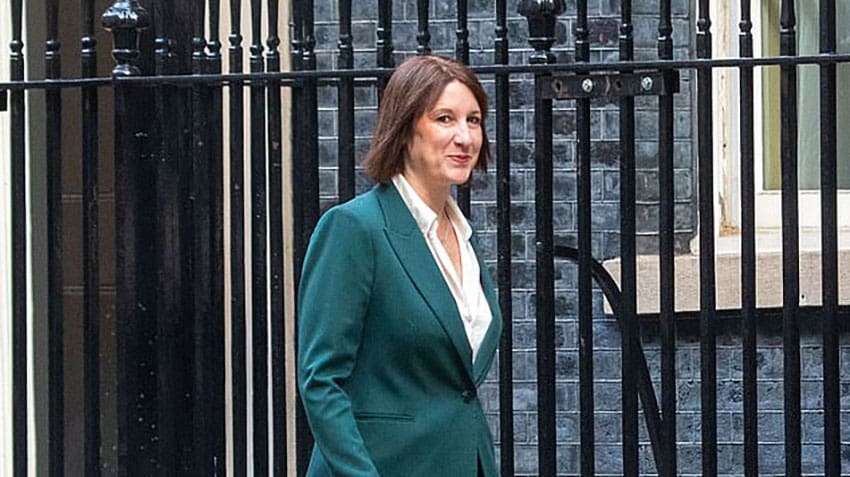Shops and restaurants brace for record employment tax surge after Reeves’s budget raid
Shops and restaurants face record staff tax bills in 2025 as new Budget measures raise employer National Insurance and minimum wage costs. Discover how this “tax on jobs” impacts businesses and staff, amid calls for a delay and reform. Read more: Shops and restaurants brace for record employment tax surge after Reeves’s budget raid
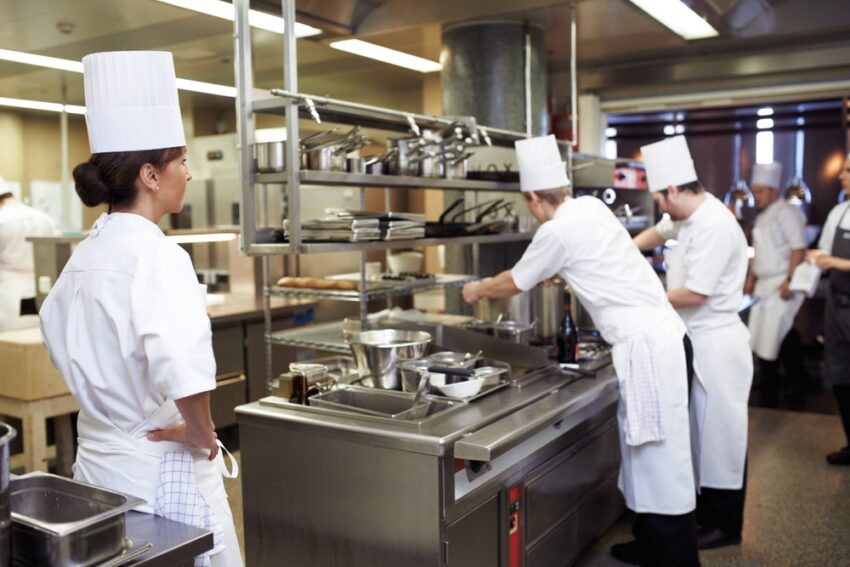
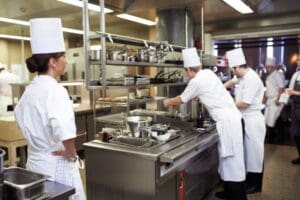
Retailers and hospitality firms are staring at an unprecedented rise in staff tax bills this year, triggered by Chancellor Rachel Reeves’s decision to increase employer National Insurance contributions alongside an above-inflation hike to the minimum wage.
New figures compiled by the Centre for Policy Studies (CPS) show that the annual cost of employing one full-time minimum wage worker will jump by £2,367 to more than £24,800, of which over £5,000 will go directly to the Treasury. More than a fifth of the amount businesses spend on those staff — 21.3 per cent — will now be swallowed up in taxes, up from 17.5 per cent last year.
This represents the largest year-on-year increase in the so-called “tax wedge” since the minimum wage was introduced in 1999. The wedge — which includes levies paid by employers and by workers themselves — had never exceeded 20 per cent until now. By comparison, in 2015 it was just 11 per cent for a minimum wage role, when a rise in the personal allowance led to lower taxes overall.
Robert Colvile, director of the CPS, criticised Labour’s approach, warning that heavier taxation on jobs would harm Britain’s growth prospects. “Labour claims to understand the importance of growth and to have made it a priority. But it was clear from the moment of the Budget that taxing jobs and work would damage the economy,” he said.
The sectors most affected will be retail and hospitality, which together rely heavily on lower-paid, often part-time staff. Kate Nicholls, chief executive of UKHospitality, urged the Government to reconsider: “We’re calling for a delay to its introduction in April to give the Chancellor time to consult with businesses on measures that can protect businesses and team members.”
Meanwhile, the British Retail Consortium estimated that the new Budget measures will cost the sector an additional £7 billion. This heavier burden arrives at a time of declining footfall, which dropped for the second year in a row to 2.2 per cent below 2023 levels.
Helen Dickinson, the BRC’s chief executive, called December’s footfall data “drab”, adding that it “capped a disappointing year for UK retail footfall”.
Business confidence remains fragile, with 71 per cent of leaders surveyed by the Institute of Directors feeling pessimistic about Britain’s economic outlook for 2025. Anna Leach, the IoD’s chief economist, pointed to “profit uncertainty” as a major constraint on investment, noting that nearly a quarter of business leaders plan to make no investments at all this year.
The increase in employer National Insurance contributions is also having a disproportionate impact on lower earners, whose taxable pay is pushed above new thresholds more quickly than those on average salaries. CPS analysis shows that the typical employer’s National Insurance bill for a full-time minimum wage employee will jump from £1,617 to £2,583 this year — a 60 per cent rise.
On top of that, the National Living Wage is increasing by 6.7 per cent, compounding the overall cost of employing staff. Daniel Herring of the CPS said: “By making it more expensive to employ people, the hikes in employer’s National Insurance disproportionately affect the lowest paid.”
The Treasury defended the Budget measures, emphasising the need to restore economic stability. A spokesman pointed to the independent Office for Budget Responsibility’s conclusion that it will lead to “lower unemployment and higher wages over the coming years”, while noting that “more than half of employers will either see a cut or no change in their National Insurance bills.” The spokesman added that the government’s Plan For Change aims to “get Britain building, unlock investment, and support business so we can make all parts of the country better off.”
Read more:
Shops and restaurants brace for record employment tax surge after Reeves’s budget raid
What's Your Reaction?







